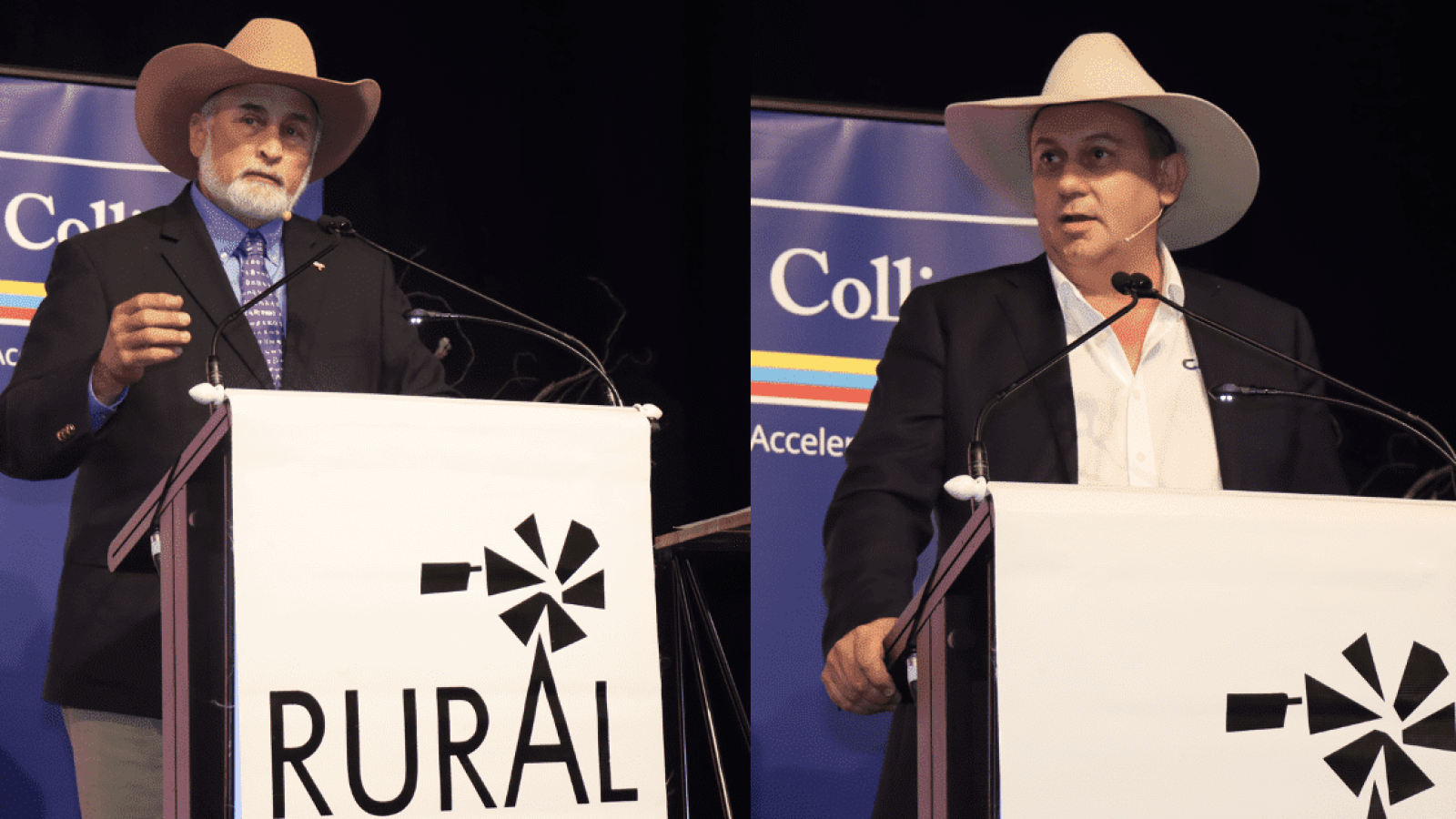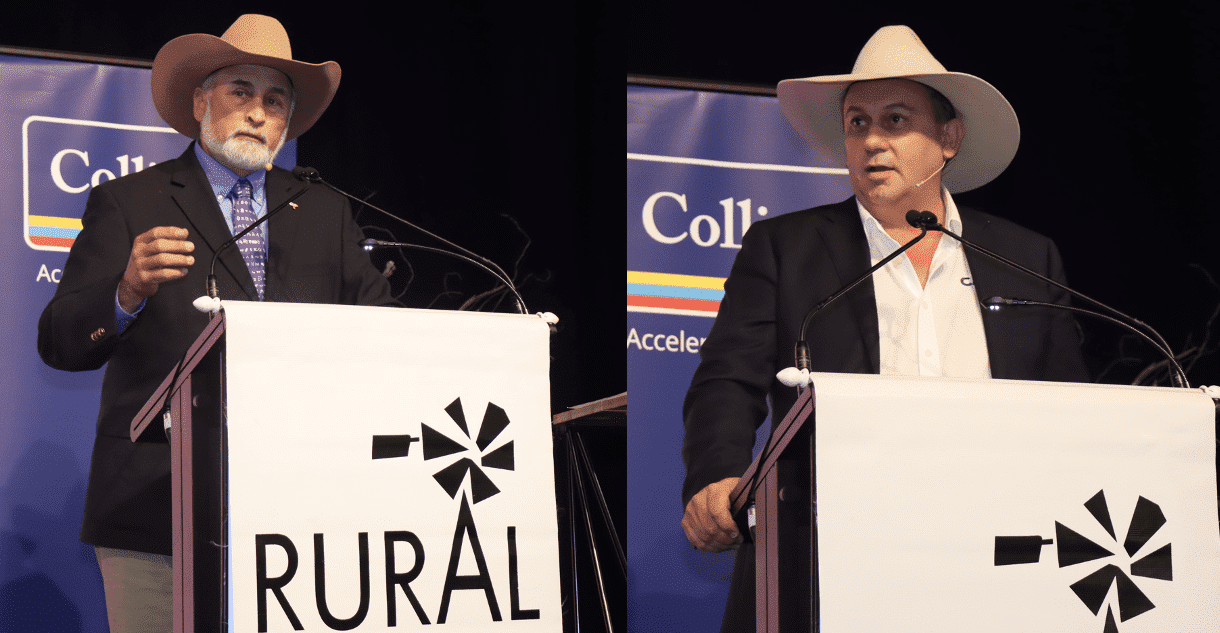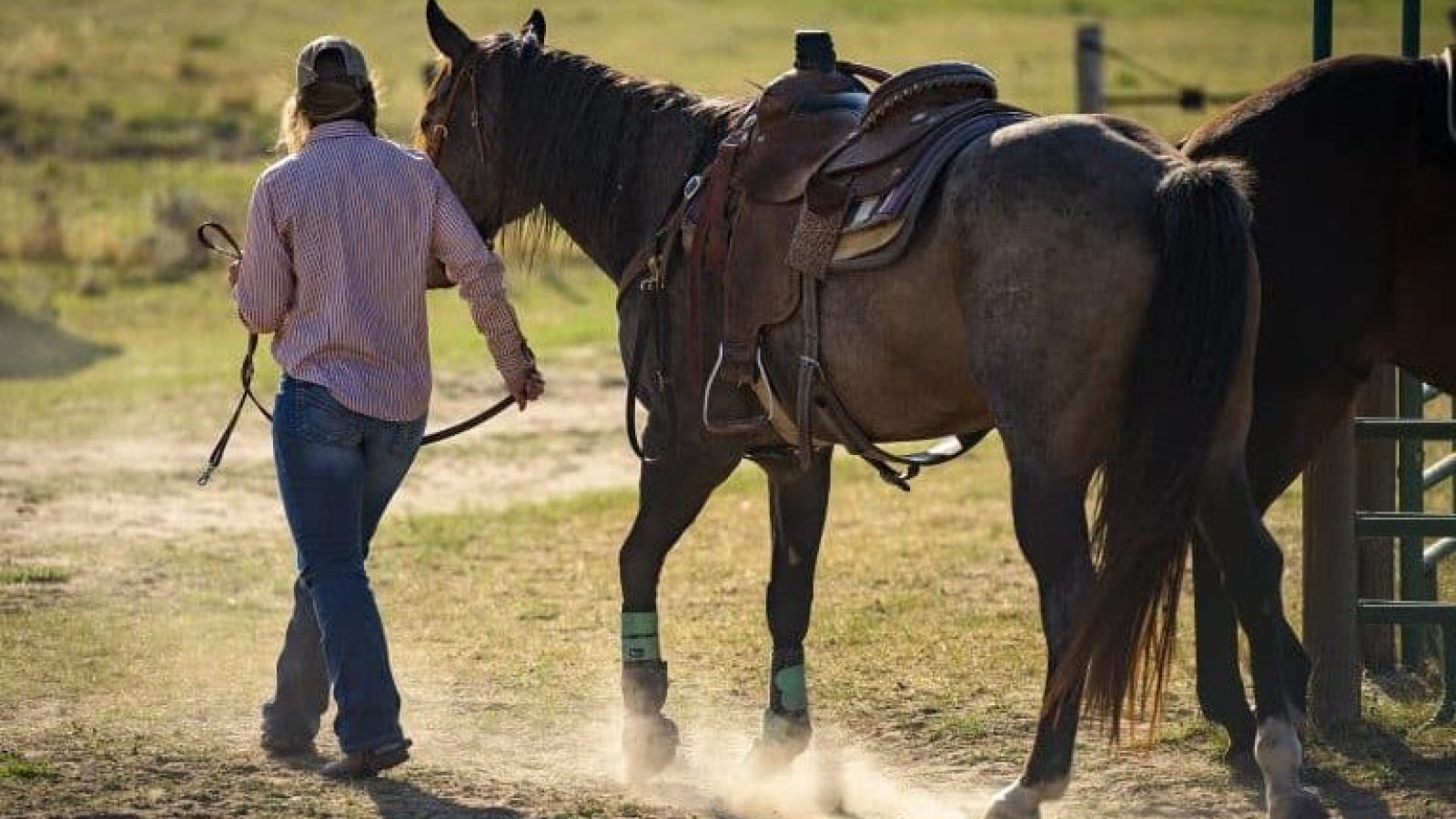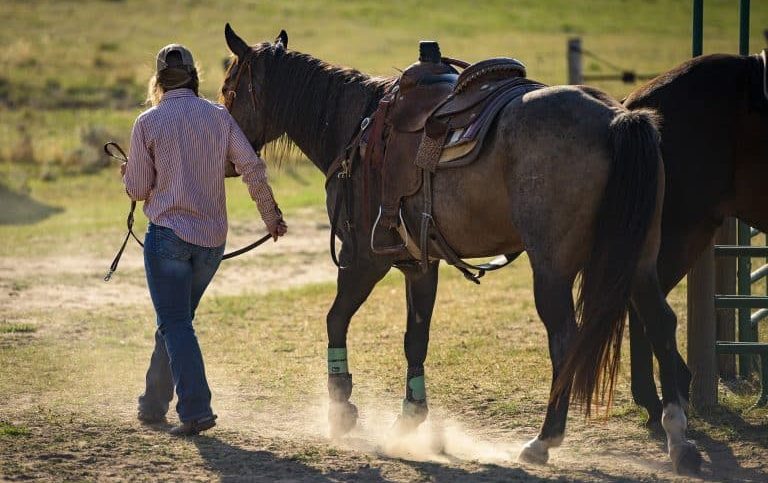WASHINGTON, D.C. – Another revival of mandatory country of origin labeling of beef is emerging out of the beltway with the recent introduction of the American Beef Labeling Act.
Repeated attempts to put labeling in place on product from cattle born, raised, processed and sold in the United States has failed, most recently in 2015 when the World Trade Organization (WTO) upheld a previous ruling that U.S. country of origin requirements discriminated against Canadian and Mexican livestock – two of the biggest trading partners of the U.S.
In 2009, the Canadian federal government argued before the WTO that American “country of origin” labelling rules (COOL) actually worked to the detriment of the meat industry on both sides of the border by increasing costs, lowering processing efficiency and otherwise distorting trade across the Canada-U.S. border. Mexico made similar claims.
The recent American Beef Labeling Act would require the U.S. Trade Representative (USTR), in consultation with the U.S. Secretary of Agriculture, to develop a WTO-compliant means of reinstating MCOOL for beef.
Specifically, the bill would give USTR six months to develop a reinstatement plan followed by a six-month window to implement it. If USTR fails to reinstate MCOOL for beef within one year of enactment, it would automatically be reinstated.
The legislation currently has eight cosponsors in the Senate, and a bipartisan companion bill has also been introduced in the U.S. House of Representatives.
 World Trade Organization
World Trade Organization
November 18, 2011: The WTO issued its initial ruling stating that COOL was inconstant with international trade law because it accorded less favorable treatment to imported livestock than to like domestic livestock. July 23, 2012: The WTO adopted the ruling by the WTO appellate body that COOL accorded less favorable treatment to imported livestock than to like domestic livestock. The WTO gave the United States until May 23, 2013 to implement the WTO’s recommendations and rulings.
Administration
March 12, 2013: AMS published a proposed COOL rule (78 FR 15645) to amend the Jan. 15, 2009 final COOL rule and provided a 30-day comment period, until April 11, 2013 May 23, 2013: AMS published a final COOL rule (78 FR 31367) that retroactively established May 23, 2013 as the effective date; but, that further stated the agency would engage in education and outreach for six-moths, thus establishing November 23, 2013 as the date after which the final rule would be enforced. U.S. Court July 8, 2013: Meatpacker trade associations, the National Cattlemen’s Beef Association (NCBA), the National Pork Producers Council (NPPC), and Canadian and Mexican cattle associations filed a lawsuit in U.S. District Court for the District of Columbia alleging the COOL law was unconstitutional and unlawful. September 11, 2013: The U.S. district court upholds the COOL law by rejecting the request by the meatpackers and their allies for a preliminary injunction against the May 23, 2013 amendments to the COOL rule. July 29, 2014: The U.S. Court of Appeals for the District of Columbia Circuit, in an en banc review, upholds the COOL law by upholding the lower court’s denial of a preliminary injunction against the COOL law.
World Trade Organization
October 20, 2014: The WTO compliance panel ruled that the changes the United States made to its COOL regulations on May 23, 2013, were inadequate. U.S. Court February 9, 2015: The meatpacker trade associations, NCBA and other plaintiffs agree to dismiss their lawsuit against COOL.
Administration
April 2015: Agriculture Secretary Vilsack issued a report on COOL to Congress in which he informed Congress that the cost of COOL would cause consumers to eat less beef. May 1, 2015: Agriculture Secretary Tom Vilsack sent a letter to Congress stating that Congress will need to repeal the COOL law or else change it if the final WTO ruling were to go against the United States
World Trade Organization
May 18, 2015: The WTO appellate body upheld the earlier decision by the WTO’s compliance panel that found that the May 23, 2013 changes made to the COOL regulations were inadequate. Congress May 18, 2015: Although the WTO arbitration process had not yet begun, Representative Michael Conaway (R-TX), along with 82 cosponsors, introduced H.R. 2393, a bill to repeal mandatory COOL. June 10, 2015: The U.S. House of Representatives voted overwhelmingly (300 to 131) to repeal mandatory COOL for beef, pork and chicken.
World Trade Organization
December 7, 2015: The WTO authorizes Canada and Mexico to institute retaliatory tariffs against the United States in the amount of approximately $1.1 billion based on the WTO’s determination that the COOL law violated U.S. trade obligations. Congress December 18, 2015: The passage of the Consolidated Appropriations Act, 2016 (Pub. L. 114- 113) amended the COOL law to remove mandatory COOL requirements for muscle cut beef and pork, and ground beef and pork.
Administration: March 2, 2016: AMS issued a Final Rule that removed from its regulations mandatory COOL requirements for muscle cut beef and pork, and ground beef and pork.












